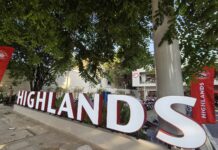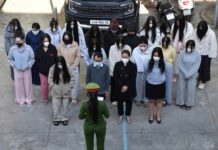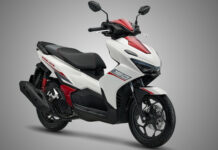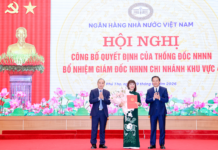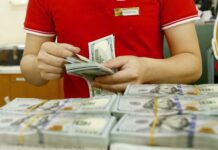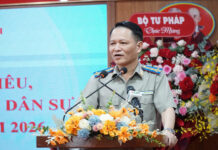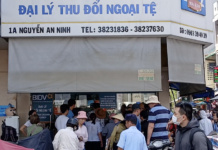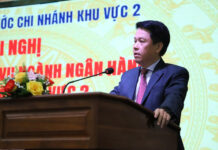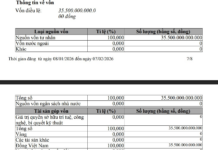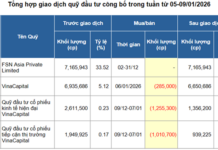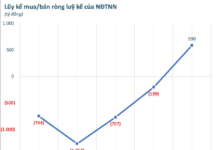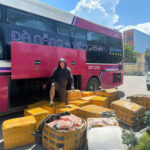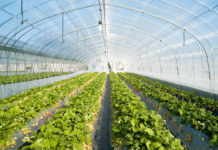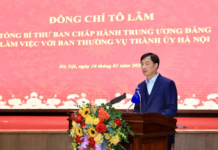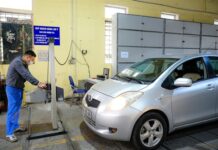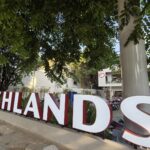ASC Aquaculture Certification: Leading the Way in Responsible Seafood
The Aquaculture Stewardship Council (ASC) certification is an internationally recognized standard for responsible aquaculture practices.
Granted by the Aquaculture Management Council, it consists of farm standards and a chain of custody criteria for producers, processors, and distributors.
While ASC has fully developed the farm standards, the chain of custody criteria is still a work in progress.
ASC certification is becoming an important benchmark in the seafood industry, enhancing the value, reputation, and market access for seafood products.
“Vietnam is leading the world in developing ASC-compliant seafood, especially in the strategic commodities of shrimp and pangasius,”
shared Mr. Koji Yamamoto, ASC’s representative for Southeast Asia.
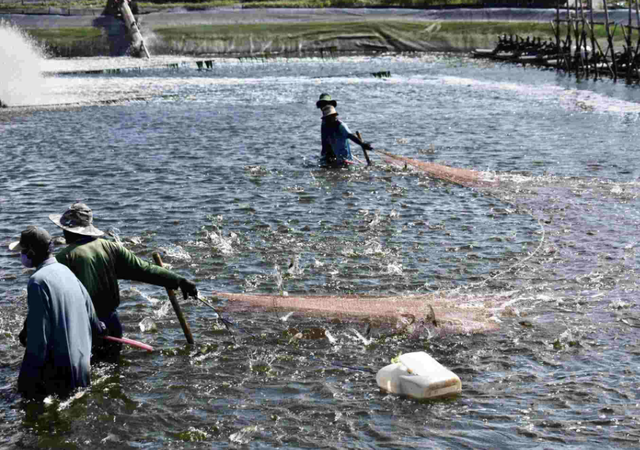
Mr. Koji Yamamoto, ASC’s representative for Southeast Asia
Mr. Yamamoto emphasized the significance of ASC certification, stating, “It’s more than just a label; it’s a commitment to global consumers about the cleanliness, traceability, and community and environmental responsibility of the product.”
As a result, Vietnamese seafood has a distinct competitive advantage in the global market, particularly in demanding high-end markets.
According to the Vietnam Association of Seafood Exporters and Producers (VASEP), Vietnam currently leads the world in the number of ASC-certified shrimp farms.
ASC revealed that as of 2024, there were 733 ASC-certified shrimp farms in 23 countries globally, with Vietnam accounting for 321 of those farms, or nearly 44% of the global total.
These farms not only enhance production efficiency but also significantly reduce water consumption, improve feed conversion ratios, and minimize chemical usage.
Notably, Vietnam is the sole supplier of ASC-certified pangasius globally, with 58 farms producing over 210,000 tons distributed across 61 countries, predominantly in Europe, including demanding markets such as the Netherlands, Germany, the UK, and Switzerland.
The ASC-certified pangasius farms demonstrate impressive resource efficiency, saving an average of 144 cubic meters of water per ton of fish, achieving a productivity rate of 70.4%, exhibiting stronger disease control capabilities (88.9%), and maintaining proper sludge treatment systems in 72.4% of the farms.
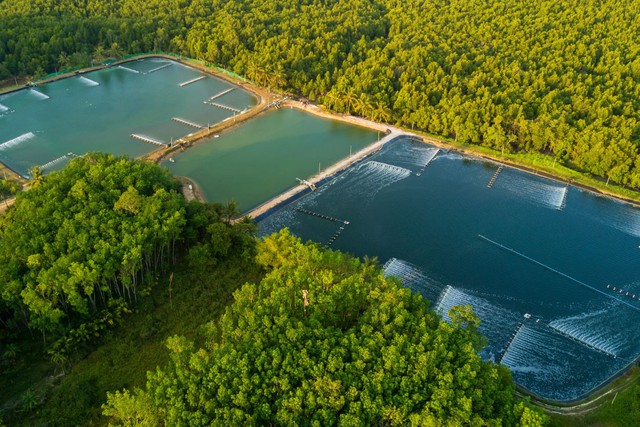
A shrimp farm in Vietnam
The ASC standards go beyond just the product; they foster a sustainable ecosystem, benefiting both the environment and local communities. In the Mekong Delta, VASEP reported a fourfold increase in the number of ASC-compliant shrimp farmers over four years, facilitated by linkage models that provide farmers with access to stable capital, technical expertise, and markets.
The ASC value chain is expanding with the introduction of the ASC Feed Standard, which sets stringent requirements for feed mills in terms of raw material sourcing, ethics, and environmental considerations. By October 2025, all feed mills within the ASC chain will be required to meet this standard.
Grobest and Skretting, two Vietnamese companies, are the first to achieve this certification, bringing the country’s seafood industry closer to full transparency and sustainability.
South Korea and Vietnam: A United Front, Signing 10 Agreements to Strengthen Bilateral Ties
“As part of his state visit to South Korea, on August 11, Party General Secretary To Lam and South Korean President Lee Jae-myung, along with high-ranking delegations from both countries, witnessed the signing of several bilateral cooperation documents across various fields, further strengthening the Vietnam-South Korea partnership.”
Two Scenarios for Optimizing Operations at Long Thanh and Tan Son Nhat Airports from 2026 Onwards
The ACV has proposed two options for operations: transferring all international flights to Long Thanh once the new airport is operational, or retaining short-haul flights at Tan Son Nhat.
Unveiling a Stinky Surprise: 19 Cartons of Chicken Feet Uncovered in Sleeper Bus
The Hue City Traffic Police, while on duty, inspected a Lao-registered passenger bus and discovered approximately one ton of unidentified chicken feet cartilage stored in 19 styrofoam boxes. The goods, which were being transported from the Lao border for consumption in Da Nang, emitted a foul odor.


